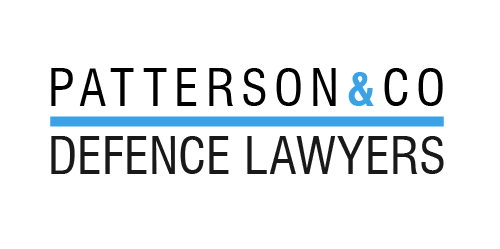Youth and Recreational Drug Use: Legal Risks and Realities in Scotland
Recreational drug use among youth is a growing concern in Scotland, as it poses significant health risks and legal consequences. Understanding the legal framework surrounding drug use, the potential penalties, and the broader impact on a young person’s future is essential for both youth and their guardians. This article explores the legal risks and realities of recreational drug use in Scotland, providing valuable information to help young people make informed decisions.
Legal Classification of Drugs in Scotland
Drugs in Scotland are classified under the Misuse of Drugs Act 1971 into three main categories: Class A, Class B, and Class C. Each classification carries different penalties for possession, supply, and production.
- Class A: Includes drugs like heroin, cocaine, ecstasy, and LSD. Possession can result in up to 7 years in prison and an unlimited fine. Supply and production can lead to life imprisonment and an unlimited fine.
- Class B: Includes drugs like cannabis, amphetamines, and codeine. Possession can result in up to 5 years in prison and an unlimited fine. Supply and production can lead to up to 14 years in prison and an unlimited fine.
- Class C: Includes drugs like benzodiazepines (e.g., Valium), anabolic steroids, and khat. Possession can result in up to 2 years in prison and an unlimited fine. Supply and production can lead to up to 14 years in prison and an unlimited fine.
Legal Consequences of Drug Use
The legal consequences of drug use can be severe, impacting various aspects of a young person’s life:
- Criminal Record: A drug-related conviction results in a criminal record, which can affect employment opportunities, travel, and education.
- Penalties: Penalties vary depending on the class of drug and the nature of the offense (possession, supply, or production). Even minor offenses can result in significant fines and imprisonment.
- Impact on Future Opportunities: A criminal record can limit future opportunities, including university admissions, job prospects, and the ability to travel abroad.
Health Risks and Social Implications
Beyond legal consequences, recreational drug use poses significant health risks and social implications:
- Health Risks: Drug use can lead to addiction, mental health issues, and physical health problems. The long-term effects can be devastating, affecting overall well-being and quality of life.
- Social Implications: Drug use can strain relationships with family and friends, lead to isolation, and increase the likelihood of engaging in risky behaviors.
Preventative Measures and Support
Preventing drug use among youth involves education, awareness, and access to support services. Some key measures include:
- Education and Awareness: Schools, community organizations, and parents play a crucial role in educating young people about the risks and consequences of drug use.
- Support Services: Access to counseling, rehabilitation programs, and support groups can help individuals struggling with drug use. Early intervention is key to preventing long-term harm.
- Open Communication: Encouraging open and honest communication between youth and trusted adults can help address issues related to drug use and provide guidance and support.
Seeking Legal Advice
If a young person is facing drug-related charges, seeking legal advice is crucial. An experienced solicitor can provide guidance on the legal process, potential defenses, and the best course of action to mitigate the consequences.
Conclusion
Recreational drug use among youth in Scotland carries significant legal and health risks. Understanding the legal framework, potential penalties, and the broader impact on a young person’s future is essential for making informed decisions. By promoting education, awareness, and access to support services, we can help mitigate the risks associated with drug use and support young people in making healthier choices.
For expert legal advice and representation in drug-related cases, Patterson & Co. offers comprehensive legal services tailored to your needs. Contact us at 01463 418 277 to discuss your case and learn how we can assist you in navigating the complexities of drug-related legal issues.


